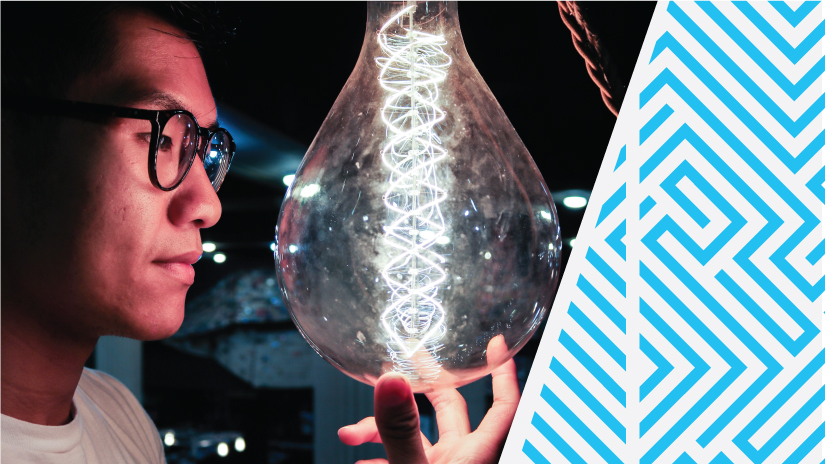
Big D Can Be Davos for the Brain Economy
Dallas Innovates
Harris Eyre, Sanjiv Das and Kacie Kelly
Share this article
Related Information

Healthy Brains, Healthy Economies
We have a superpower: our brain. Picture all the employees in a company leveraging their superpower of innovative thinking. Imagine entire communities.

Social Media is Changing Our Brains
Social media is no longer a niche product. It’s now a core part of the communications infrastructure from the global to local levels. It shapes our communication, our relationships, our work and even our brains.

Build Brains Better: A Proposal for a White House Brain Capital Council to Accelerate Post-COVID Recovery and Resilience
A new approach to improve economies and societies is long overdue. Brain Capital can inform better policy development, incorporating brain health and brain skills to drive economic empowerment, social resilience and emotional connection. Investing in these valuable assets nurtures healthier, more resilient and flexible brains.